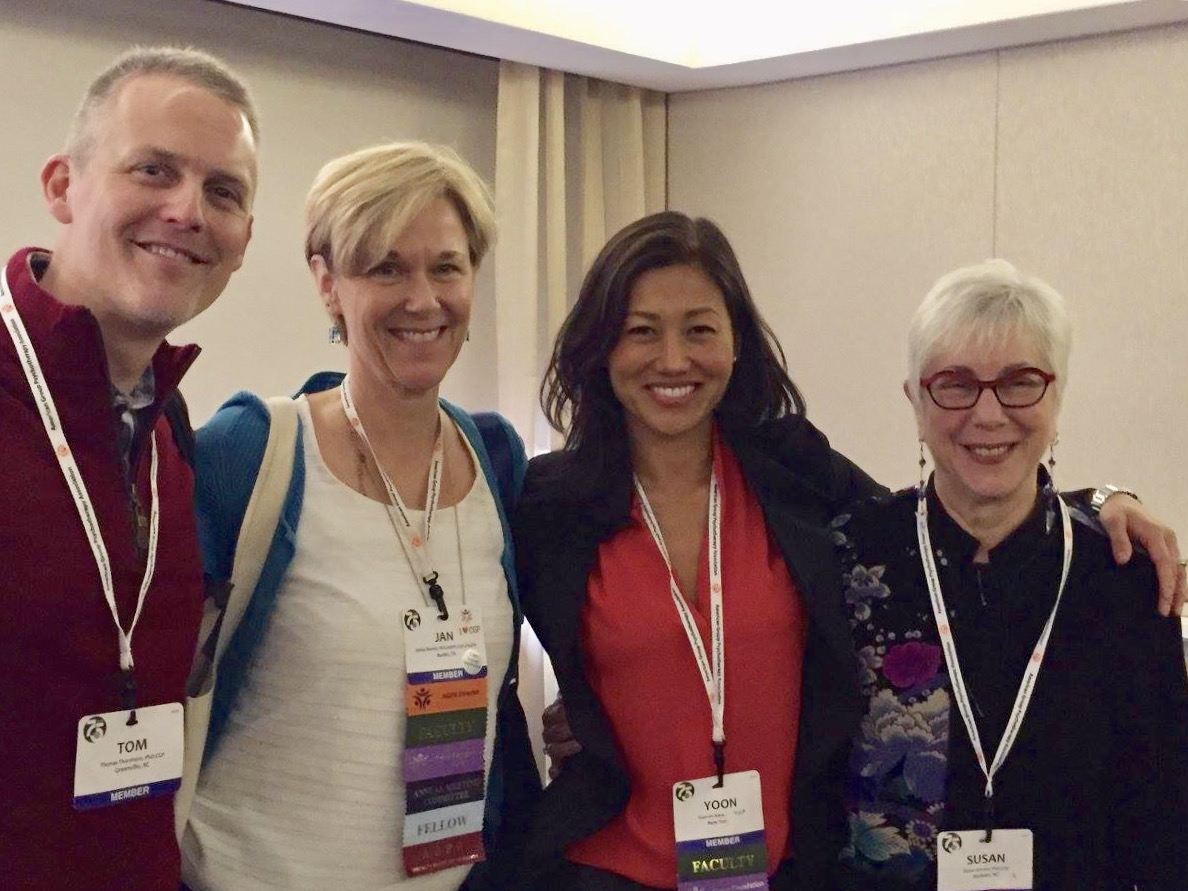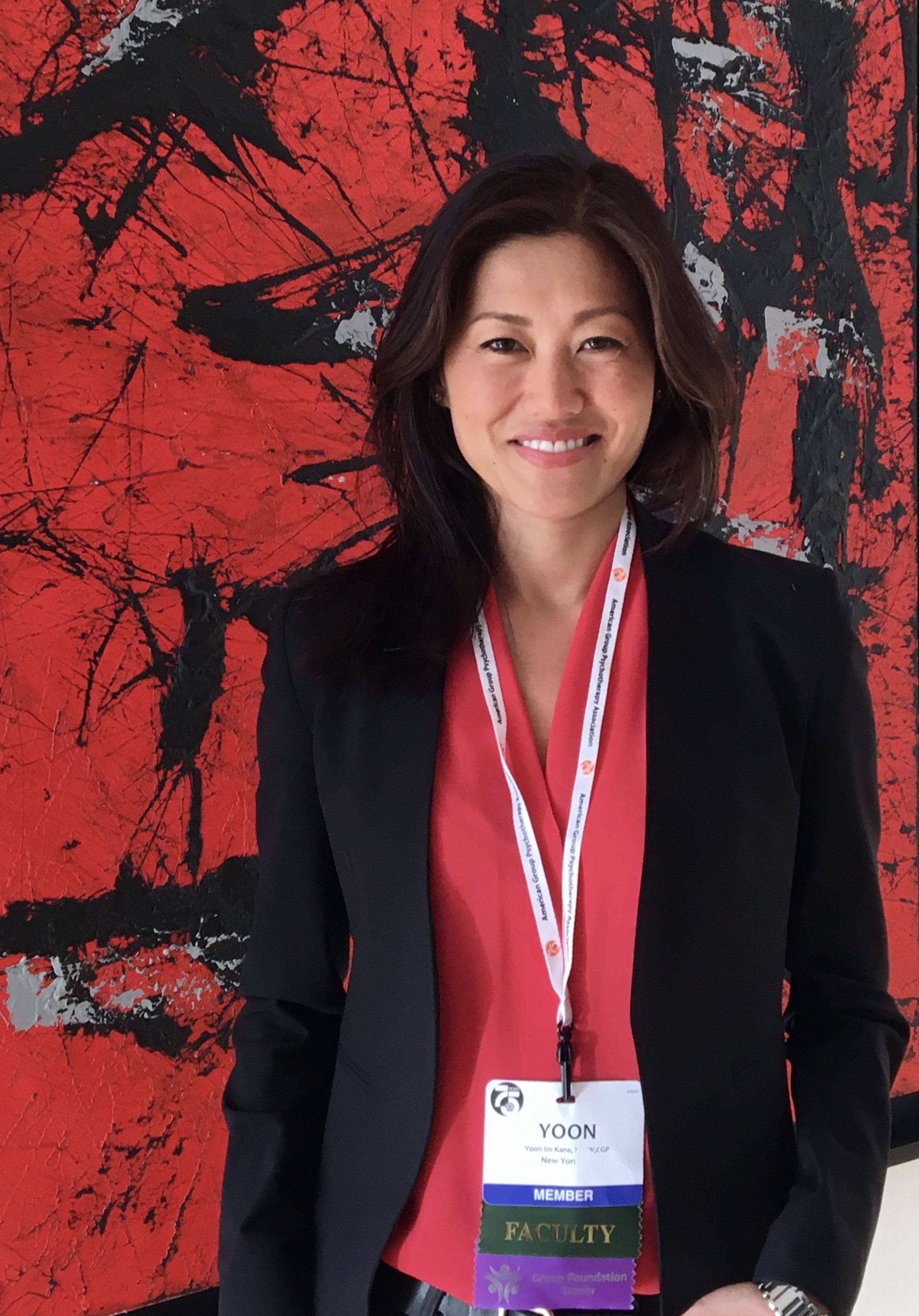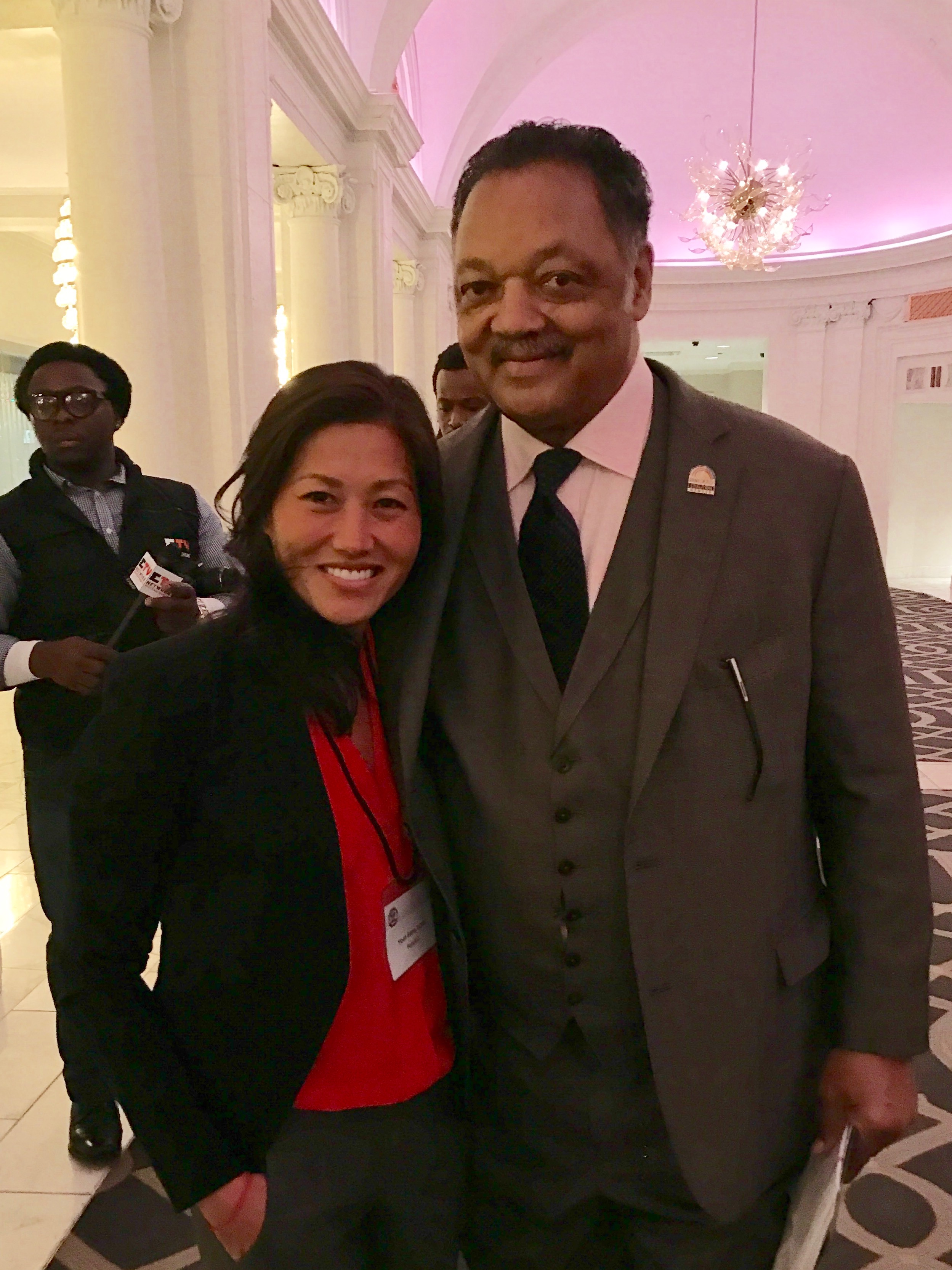
MINDFUL IN THE CITY
Thoughts
&
Musings
Public Speaking Anxiety: Actions You Can Take
Jerry Seinfeld is known to have said, “According to most studies, people's number one fear is public speaking. Number two is death. Death is number two. Does that sound right? This means to the average person, if you go to a funeral, you're better off in the casket than doing the eulogy.”
Jerry Seinfeld is known to have said, “According to most studies, people's number one fear is public speaking. Number two is death. Death is number two. Does that sound right? This means to the average person, if you go to a funeral, you're better off in the casket than doing the eulogy.”
Unfortunately, there’s a lot of truth in that joke. For many of us, anticipating a speaking event causes us anxiety but it dissipates once we get started. For very nervous speakers – those with extreme performance anxiety -- the effect is magnified. Even thinking about getting up in front of people brings on some physical changes: shallow breathing, heart racing, inability to concentrate, etc. These are all normal reactions to danger, but nervous speakers can experience them when it’s not a life-or-death situation. Once those “fight or flight” reactions kick in, it’s hard to stop them. So it’s a good idea to start calming yourself down before the anxiety reaches a peak. Here are 6 actions to take:
1. Breathe
Practice deep breathing techniques, such a “belly breathing.” Inhale slowly, filling your belly with air. When you exhale, push the air out, flattening your belly. Try to keep your shoulders and ribs still and just fill your belly with air like you would fill a balloon. Inhale slowly for 5 counts and exhale slowly for 5 counts. Practice this several times a day. Then it will be easier to do when you need it most: when thinking about your upcoming speaking event, and while waiting to go on.
2. Meditate
Take a few minutes to close your eyes and focus on your breath, allowing yourself to let go of thoughts and worries. If thoughts come into your head just label them “thinking” and bring your attention back to your breath. Practice this daily, and use it the morning of your presentation. If possible, take a few moments before your meeting to meditate in your office to calm your mind and body down.
3. Prepare
When you’ve prepared thoroughly it’s a lot easier to use the cognitive tools to calm yourself down. Sure, something unexpected could arise, but when you know your stuff and have organized how you are going to relay the information, you can realistically say you’ve done well. Then, after you practice (see # 4), you can let go, do your best job, and trust that you’ll be okay.
4. Practice
Practicing helps to take the bite out of anticipatory nervousness. Practice out loud – and while you do, picture the room, the people, and the visuals if you have them. Then you won’t be thrown off the day of when suddenly you hear your own voice, see people staring back at you, and encounter a screen with stuff you’re supposed to speak to.
5. Move
Get some exercise the day of your presentation. Go to the gym in the morning, take a walk, do some stretches. Not only will you energize yourself physically, grounding yourself in your body can help you focus…and breathe.
6. Stay present
Staying grounded in your bodily sensations and what’s going on around you can free you to focus on what you’re saying, rather than on what you think they’re thinking about you, or how you’re surely going to “mess up.” Feel your feet on the floor…the air coming into your belly. Look at the audience members and be attuned to their vibe. Look for and take in the support some of your listeners will surely be sending your way. Connect with them rather than shutting them out.
Try these strategies and you should feel better in your skin and less nervous. Even if you’re not a nervous speaker, making these strategies part of your presentation prep routine can bring out in you a calm energy that is compelling.
Author: Kayla Schwartz, LMSW, Clinical Associate
Public Speaking Anxiety: Examining Your Thoughts
According to a 2001 Gallup poll, 40% of adults have some degree of stage fright. Do you?
One way to address performance anxiety is Cognitive Behavioral Therapy. “CBT” is a type of therapy that seeks to change unhelpful thinking and behaviors. Although behavioral strategies are an important part of CBT, I will focus on the “cognitive” or thought-related aspects today.
According to a 2001 Gallup poll, 40% of adults have some degree of stage fright. Do you?
One way to address performance anxiety is Cognitive Behavioral Therapy. “CBT” is a type of therapy that seeks to change unhelpful thinking and behaviors. Although behavioral strategies are an important part of CBT, I will focus on the “cognitive” or thought-related aspects today.
The underlying assumption in CBT is that our thoughts, for example how we view situations, affect our feelings and behaviors. CBT focuses on solutions, and asks us to identify and challenge distorted thoughts and beliefs and replace them with more realistic, effective ones. We can then view challenging situations more clearly and respond to them with more helpful and effective emotions and behaviors.
How might that work when you’re anxious before a presentation? Since you have a unique set of beliefs about yourself and the world, you’ll need to examine what you, personally, are thinking that leads you to feel anxious.
Let’s say you’re scared you’ll look stupid up there. What are the thoughts fueling that fear? Maybe, “I don’t know what I’m talking about” or “They’re going to ask me a question and I won’t answer it well.” There are behavioral ways to address these concerns, like studying the topic and practicing. But in terms of your thoughts…
Ask yourself, “are they realistic or distorted?” Do you really not know what you are talking about? Or is that a thought based on an unrealistic underlying belief about yourself, like, “I have to be an expert on everything.” Are you really certain that you won’t answer the question well, or is that just a fear? Can you really predict the future?
Once you identify a distorted thought or belief, you can challenge it and then replace it with a more realistic one: one that won’t set you up for anxiety. For example: instead of “I don’t know what I’m talking about,” how about, “I’ve prepared really well and I can tell them what I know. If they ask a question I don’t have an answer for, I can tell them I’ll get back to them and then do more research.”
If your underlying belief is unreasonable, (e.g. that you have to be an expert on everything,) that will likely lead to distorted thoughts. You can challenge the belief too. “Is that a realistic expectation, to have to be an expert on everything? Do I really need to be the ultimate authority on this topic or can I simply know enough and communicate it well?”
It can be scary to leave our “comfort zone” of anxiety and the behaviors that anxiety fuels, such as avoiding giving presentations. It requires effort, self-honesty and discipline to examine our thoughts, challenge them, replace them with more realistic and effective ones, and do it again and again until it becomes second nature. In my opinion, it’s worth trying.
Author: Kayla Schwartz, LMSW, Clinical Associate
Women Sex + Power Training Group at the 75th Annual AGPA Conference in NYC
Yoon Kane, CEO of everbliss, founder and director of Mindful.NYC presented at the 75th Annual American Group Psychotherapy Association conference in NYC. Yoon's Women, Sex +Power event was a full house. Yoon will be presenting Race, Sex + Power at the Carolinas Group Psychotherapy Society May weekend conference. Stay Tuned!
Yoon Kane, CEO of everbliss, founder and director of Mindful.NYC presented at the 75th Annual American Group Psychotherapy Association conference in NYC. Yoon's Women, Sex +Power event was a full house. Yoon will be presenting Race, Sex + Power at the Carolinas Group Psychotherapy Society May weekend conference. Stay Tuned!
Making the Most of Your Staycation: Practice Self-Care
Most New Yorkers I know are so caught up in their hectic Big Apple lives that they don’t have time to enjoy all the city has to offer. The solution? A “staycation.” It sounds great, but for some, staying at home with no structure can be confusing…even anxiety provoking!
There’s the paralysis that can come from having too many options, the concern that you’ll waste your time off by not doing anything out of the box, and the ungrounded feeling of not knowing what to do with yourself when you wake up to an empty schedule. How can you minimize these difficulties and maximize the chances of spending an amazing time on vacation at home? Practice Self-care.
Most New Yorkers I know are so caught up in their hectic Big Apple lives that they don’t have time to enjoy all the city has to offer. The solution? A “staycation.” It sounds great, but for some, staying at home with no structure can be confusing…even anxiety provoking!
There’s the paralysis that can come from having too many options, the concern that you’ll waste your time off by not doing anything out of the box, and the ungrounded feeling of not knowing what to do with yourself when you wake up to an empty schedule. How can you minimize these difficulties and maximize the chances of spending an amazing time on vacation at home? Practice Self-care.
Keep some routines but be flexible – Routines can be grounding and reassuring or they can feel like a prison. Why not hold onto the helpful ones and tweak them to be even more nourishing and to help you feel like it’s a real vacation?
For example: set your alarm so you feel you have a full day ahead of you, but set it for an hour later than usual. Have your morning coffee and peruse the paper, but instead of gulping it down and skimming the paper, take time to savor your coffee and enjoy a couple of articles in entirety. If you have a morning spiritual ritual, keep it up…but take your time with it so you can feel even more centered and ready to live your day fully.
Easy does it -- Sure, you’d like to catch up with every friend, see every exhibit you’ve missed, try every new restaurant. But sometimes the pressure to do everything you don’t ordinarily get to do can feel overwhelming, even paralyzing. Let yourself off the hook! Accept that you can’t do everything and reassure yourself that whatever you choose will be just what you were supposed to be doing. Then try to stay really present for what you choose. If your thoughts start to wander to all the other alternatives you are missing, gently guide yourself back to the present and focus on what is before you.
Know your limits – While we’re talking about “easy does it”, in your desire not to waste a second of your time off, you may end up packing your time so tightly you have no room to breathe. Try adjusting your attitude from quantity to quality. We can all benefit from a little quiet time in our day/week, so give yourself that gift. Chances are you will savor the next event even more.
Breathe – Does the prospect of an empty calendar make you feel a little racy or anxious? Taking five really deep belly breaths can make a huge difference. Try to inhale by filling your belly with air, not by moving your ribcage and shoulders up and down. Focus on the breath coming in and going out – count slowly to five when you inhale and fill your belly with air, and slowly to five when you exhale and push the air out of your belly.
Slow down – If you do end up with a packed day, try to find five minutes to meditate in a quiet place…or even a noisy one! Do it in the morning to set yourself up for the day – or at between events to refresh and reset yourself for the next plan. Just sit or stand, close your eyes, breath slowly, and empty your mind of the “to dos” and the “what’s nexts”. Focus on one thing (e.g. your breath, a peaceful image…) so you can begin your next adventure from a calmer place.
Exercise – Physical activity is a great stress reducer. If you’re not a gym rat, take a brisk walk, climb some stairs, put on fun music and dance around the house. It doesn’t have to be “the usual” (boring?) exercise regime, but staying physically active is a great way to help you stay grounded in your body, and in your mind.
“Nourish” yourself – It’s very common to let go of healthy eating habits when you’re on vacation. Here’s a great place to maintain some healthy routines, but to tweak them so you don’t feel constrained. Maybe it’s simply sticking to three meals a day – whatever those may be -- so you don’t feel overly full or out of control from noshing all day. Maybe you’ll keep your breakfast and lunch simple and routine, and splurge on dinners. Or maybe you’ll try to basically eat healthfully so you feel alive and alert, but you’ll jazz up your meals with some “sexy foods” to make them more special.
By keeping these tips in mind, you can make the most of your staycation. My guess is that’ll you enjoy it even more by staying balanced and grounded, present for all that you do.
Author: Kayla Schwartz, LMSW, Clinical Associate
20th Annual Wall Street Project Economic Summit - Healthcare and Technology
When we talk about healthcare, rather than focus on cost and disease, we need to target prevention. I don’t think it’s a surprise to anyone here when I say to you that a healthy body is directly correlated to healthy behaviors which is strongly influenced by the communities we connect with.
The quality of our connections has tremendous impact on our physical and mental health, and like it our not, technology has changed the way we relate to one another. There are approximately 7 billion users on the internet now. Presently, more than half of you, through the next 5-15 minutes of this talk, will notice yourself drifting in and out. You will find yourself mindlessly reaching for your mobile device to check your email or your Facebook feed.
When we talk about healthcare, rather than focus on cost and disease, we need to target prevention. I don’t think it’s a surprise to anyone here when I say to you that a healthy body is directly correlated to healthy behaviors which is strongly influenced by the communities we connect with.
The quality of our connections has tremendous impact on our physical and mental health, and like it our not, technology has changed the way we relate to one another. There are approximately 7 billion users on the internet now. In this moment, more than half of you, through the next 5-15 minutes of this talk, will notice yourself drifting in and out. You will find yourself mindlessly reaching for your mobile device to check your email or your Facebook feed.
Yoon Kane, Founder and Director of Mindful.NYC and CEO of everbliss, Inc. presenting at the Wall Street Economic Summit with Dr. Arnold, Director of BCBS & Dr. Rivlin, Former Director of the White House Office of Management and Budget
With a click, we escape disconnection and isolation and connect with like-minded individuals and online communities on any subject we want. The source of power is the promise of instant gratification and connectivity. There are downsides to this, and we can lament about the evils of the internet, but it’s just a tool. Like any tool, it can be used for constructive or destructive means. A useful questions ask ourselves as leaders and advocates of affordable healthcare is how can we target and mine online communities for for positive change?
The current healthcare system is difficult to sustain, it can’t provide services because of limited funding and other complications. Majority of my practice consists of out-of-pocket paying clients, and not by choice. I get hundreds of inquiries looking for in-network providers and most of the insurance plans limit sessions to 12-20 visits.
Mental health continues to be a huge untapped market burdened with limitations and stigma:
-An estimated 61.5 million Americans aged 18 and older experience some form of mental illness in a given year (NIMH)
-Around 9.2 million adults have co-occuring mental health and addiction disorders (Center for Behavioral Health statistics and Quality 2012)
-About 50% of adolescents aged 13-18 have experienced at least one mental disorder in their lifetime (Merikangas et al, 2010)
The internet has already found solutions to the problem in mental health. Online communities for mental health care already exist. For example: Talkspace, 7 cups of tea, my company, everbliss to name a few. These platforms are all geared toward motivating people to talk about their problems in a safe digital space.
These online mental health Communities have replaced clergy, family and community centers. The space we share & join others going through similar issues is now virtual. There are many reason why people, especially young people are flocking to online communities. Millennials are primed from childhood and habituated into relating online from the start. Habit is a powerful behavioral phenomena. Additionally, virtual platforms target the main three factors of motivation: Autonomy, mastery and social support.
Individuals become healthier when they are given the choices and provided opportunities to experience success. They are more likely to engage in successful behaviors when they are socially acknowledged and supported by their peers. Basically, we need other people in order to live well. These online communities have tapped into a gold mine by addressing the three tenets of motivation.
Outside of the virtual world, my physical practice has also evolved due to the influence and innovations in technology. I work more over the internet, using video conferencing and email. My associates and I text and conduct video meetings. In today’s fast -paced world, we rarely need to make physical contact to run a business.
This poses new challenges for negotiating boundaries around social media with my clients: Should I accept the Linked in request? What about a snapchat? How do I make these boundaries therapeutic? Should I have email office hours? Am I providing a disservice to this client by seeing her on video sessions instead of in person? These are common dilemmas for healthcare providers using technology. There are also real limitations - one main issue being that technology is ever evolving and moving so fast, it’s hard for our working models to keep up.
Ever since email arrived into our lives, it’s has forever changed our perspective on how we manage our most valued resource- Time. We don’t wait for anything anymore. We have outsourced everything. Technology tells us when it’s our friends birthday, where they're going on vacation, what they are reading, who is available to date, how much we are sleeping and how many steps we are taking.
The real questions is — how are these tools helping society become healthier? are these solutions helping us use healthcare more effectively? In my opinion, there's a potential for us to drown in pool of information overflow. Because of the comfortable solutions provided by innovation, we’ve become passive and disempowered in our ability to influence it. What would happen if we were to wake up and use these tools to become actively engaged with others? At the end of the day, how does counting your steps actually help you become a healthier person?
What continues to be missing in mainstream healthcare now starting to benefit from tech is personalization and reliability. I grew up in a southern town with immigrant parents who did not speak english very well. They had a huge distrust for what they saw as the “white system” so they just didn’t go to doctors appointments. Thank goodness we didn’t have big medical issues, but it would’ve helped to get vaccines, some antibiotics, and regular check ups. Those were the painful days before internet reviews, online forums and google translation. Now, my parents are always on their iPads. It has replaced me as their new translator for all their medical appointments and source of entertainment and connection. I can't get them away from it.
The marriage between healthcare and technology is the meeting point for the birth of opportunity. Technology is not a silver bullet but it’s a big step in the right direction. The exciting part is that it really does solve few of the biggest problems in healthcare. To summarize, Here are 3 main benefits:
Cost: With modern day tech, we can provide services in a safe and secure way with minimal overhead, so practitioners can provide reasonable services at reasonable fees.
Access: Mental and physical care is difficult for people who live remotely or don't have access to transportation or their job simply doesn’t allow them to take the time off.
Accountability: Less cancellations due to transportation, weather and sickness. Better quality of service that can be tracked by data for measurable outcomes and success rates.
We are at a very uncertain time in our healthcare system. Our minds and bodies, our relationships and the community we connect with are the most powerful source of change. Each of us have, in our hands, the tool to build a healthier and brighter future.
Bonding moment with @RevJJackson @WallStreetProj while presenting on evolution of healthcare at the 20th Annual Wall Street Summit
How to Mindfully Fire Toxic Friends and Loved Ones: A Shrink’s Guide to Setting Boundaries
As a Manhattan-based psychotherapist working with a high functioning adult population, I am always surprised to encounter a repetitive theme in my office. People no matter how smart, successful and savvy, find it impossible to break up with their toxic jobs, relationships, and friends. Clients repeatedly walk into my practice frustrated with their life-draining, dysfunctional relationships or jobs.
Post Election COGPS 2016 Presentation on Women, Sex + Power
On November 13th, I was invited to Colorado to present to a training group of therapists at the COGPS annual conference at the University of Colorado Anschutz Medical Campus. The topic was Women, Sex + Power. It was within days after the 2016 election. I was uncertain about what to expect from the audience given the tense political climate. I was blown away by the level of honesty, intelligence and courage demonstrated by the participants. The synergy of openness and reflective insight inspired and re-energized my belief in the healing power of group.
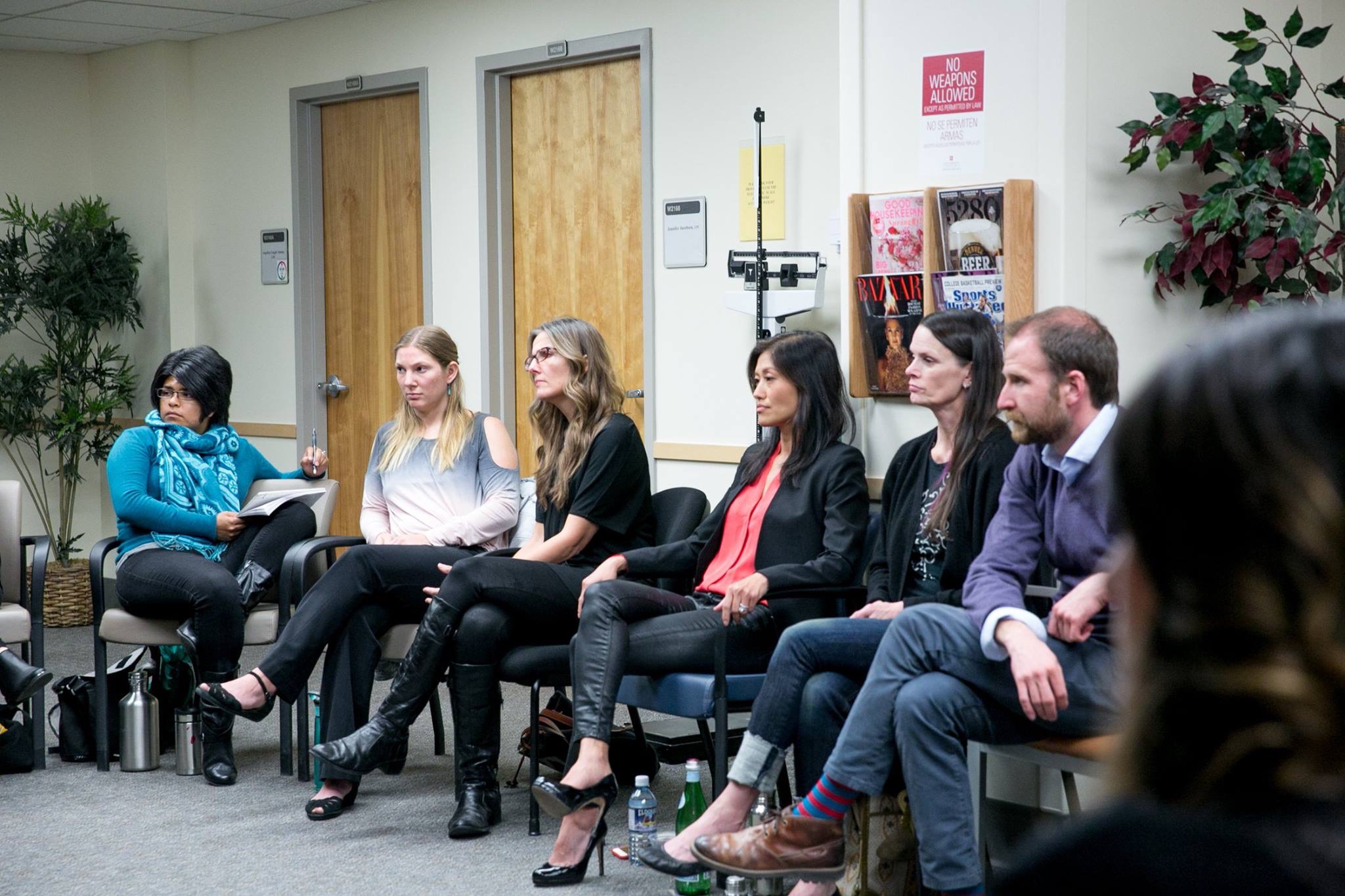
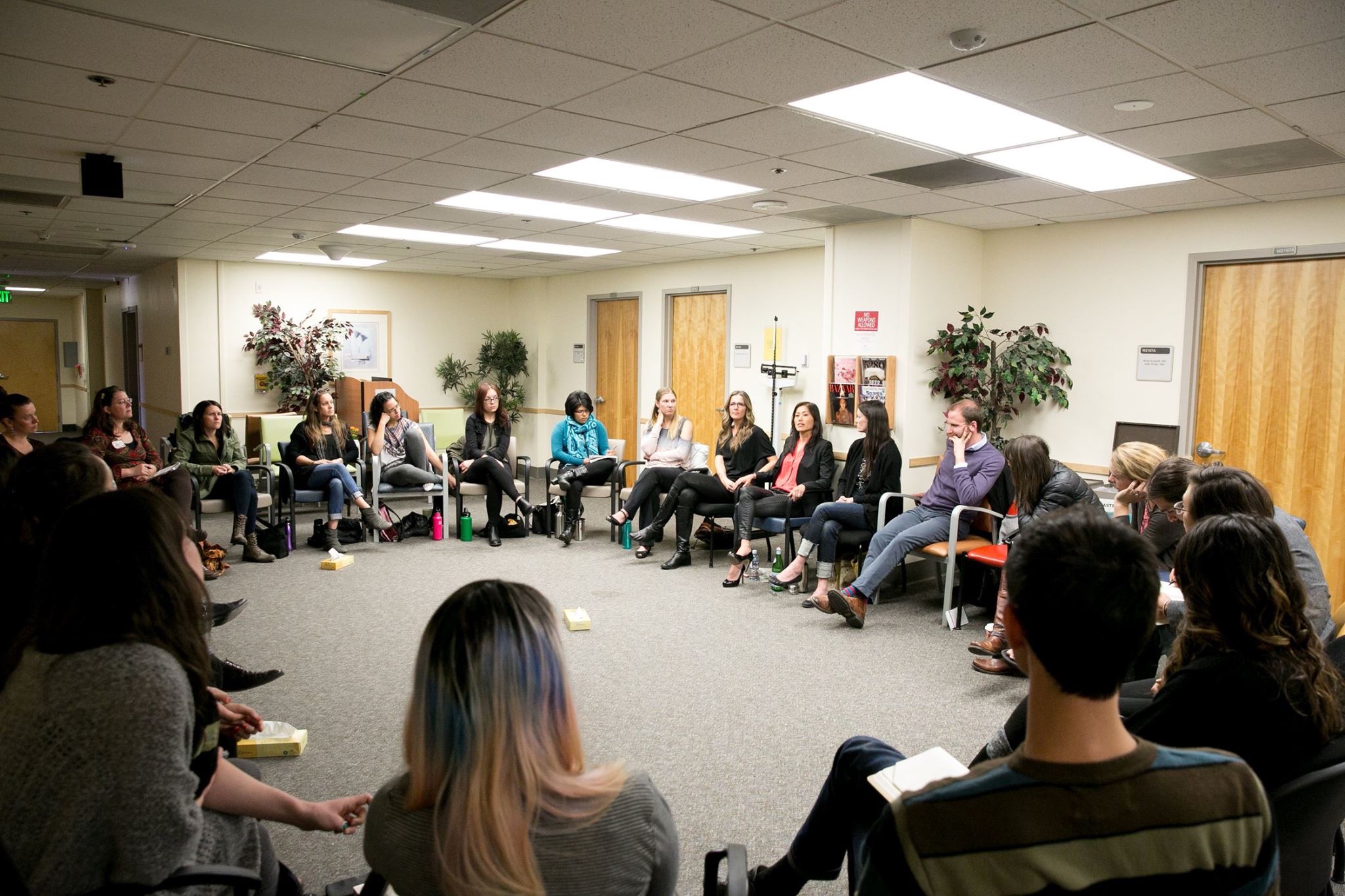
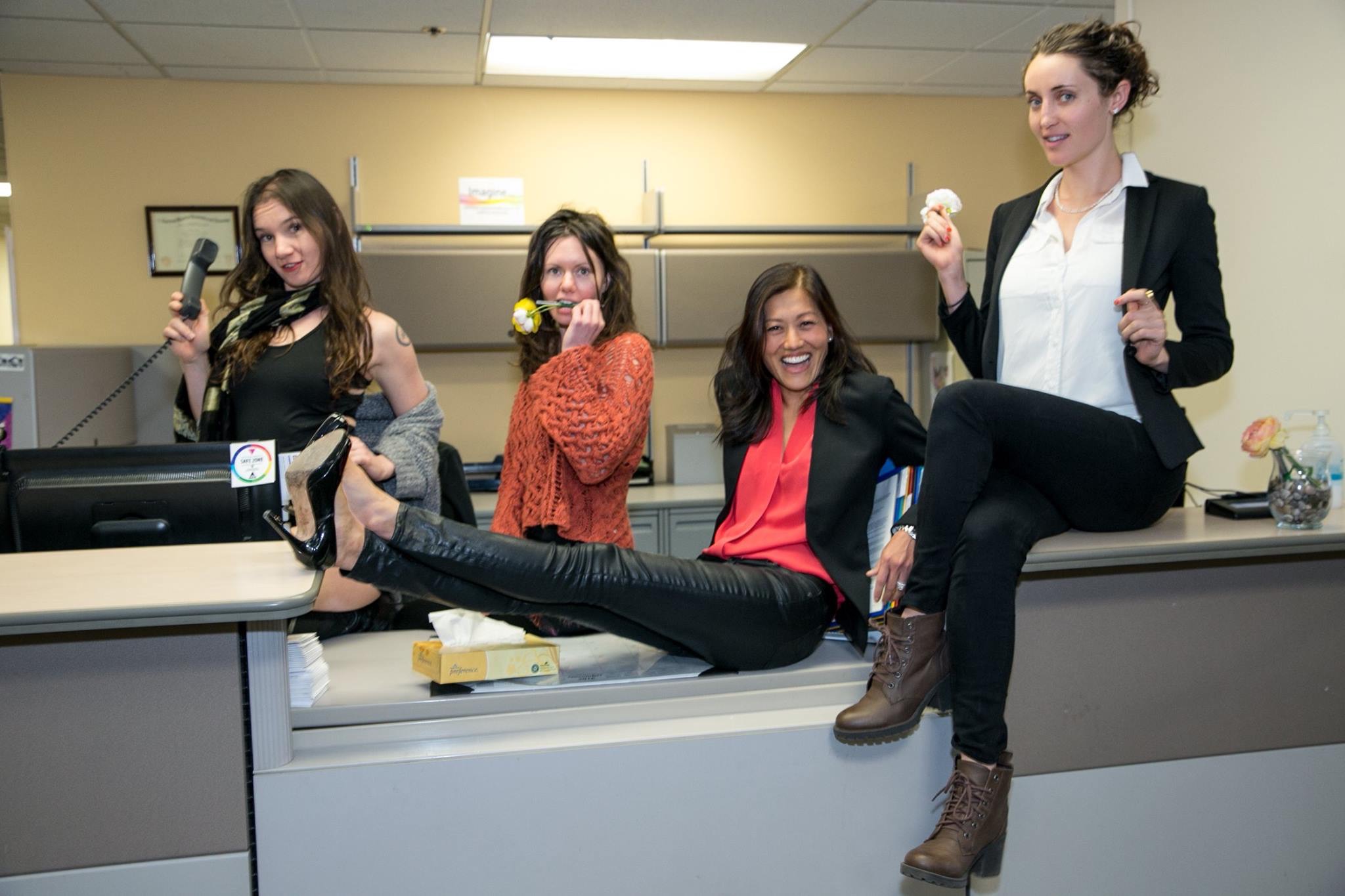
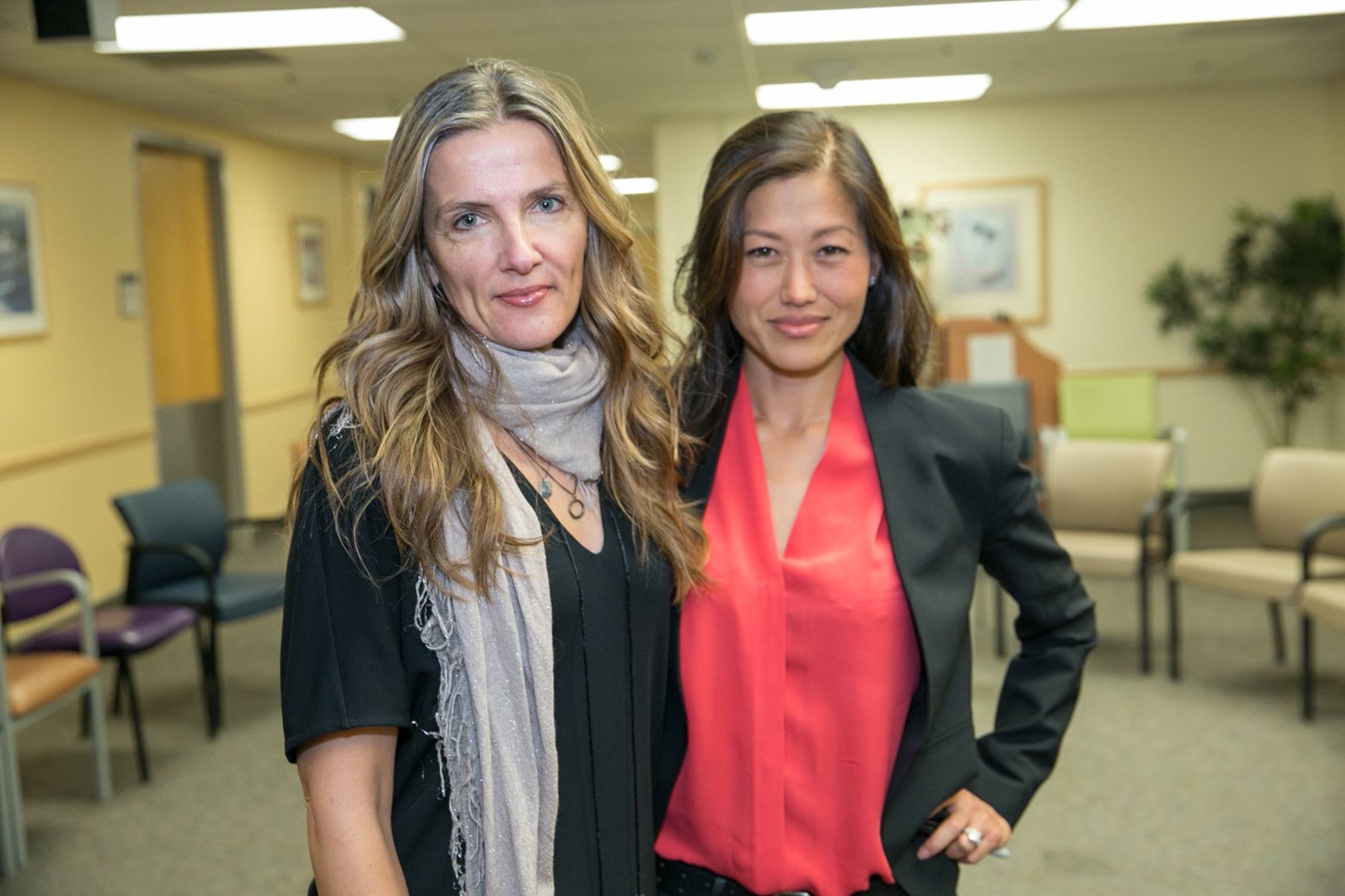
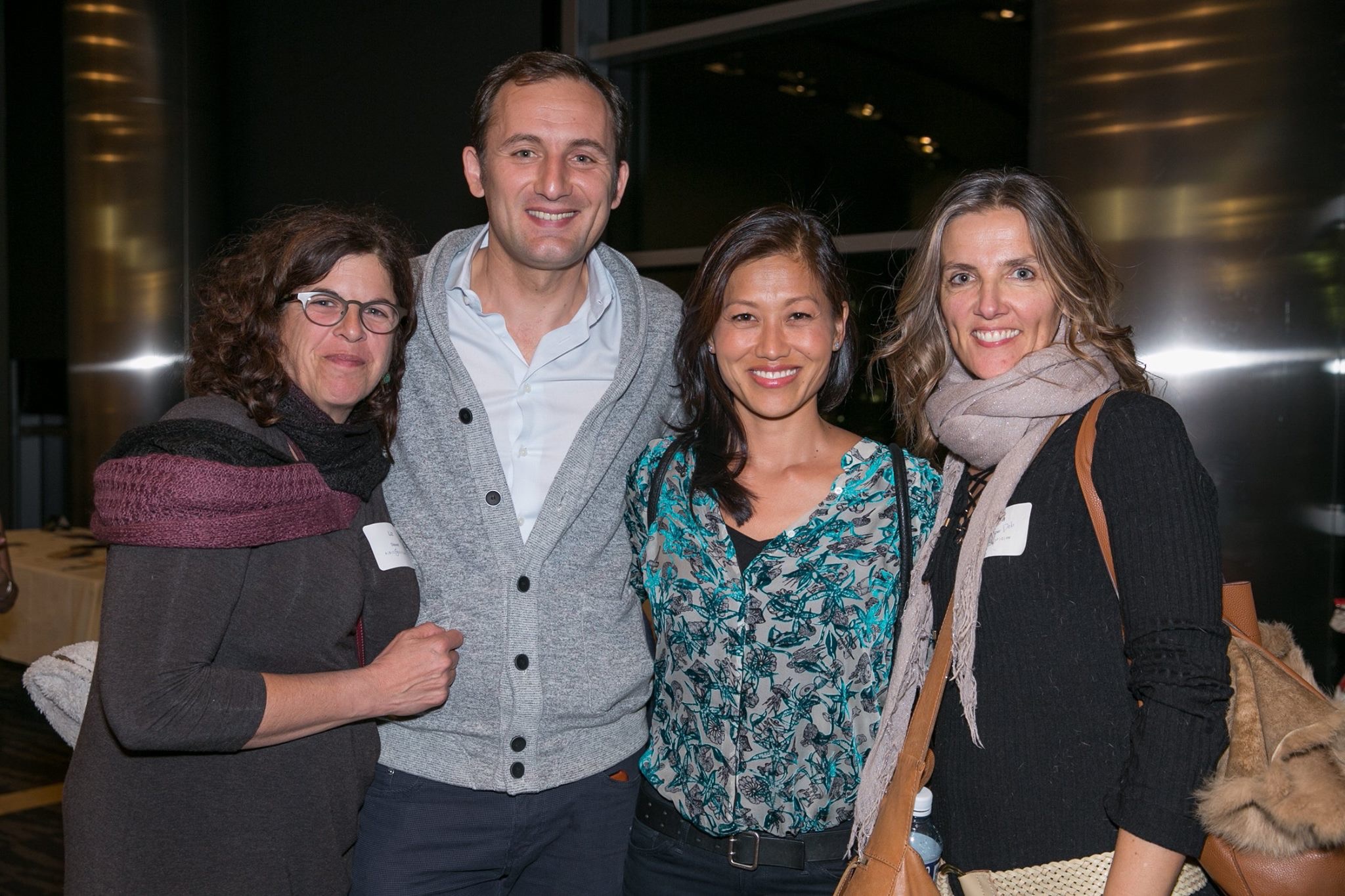
How to handle anger
We all experience anger. Anger is an important emotion to learn to understand. Yoon Kane, a Yale-trained psychotherapist and founder of Mindful Psychotherapy, offers useful tips on how to better handle your anger and use it constructively.
Three key ingredients of an apology
Why is it so hard to just forgive and forget? According to Psychotherapist Yoon Kane, there are 3 essential ingredients of an apology.
Are You Work-life Balanced?
Having a work life balance is all abuzz these days. Juggling the demands of everyday life can sometimes feel overwhelming. Work-life balance begins from a look within. It is the art of living flexibly. Work-life flexibility is a skill we can all learn to develop. Yoon Kane, a Yale-trained psychotherapist and founder of Mindful Psychotherapy talks about the importance of living a balanced lifestyle.





